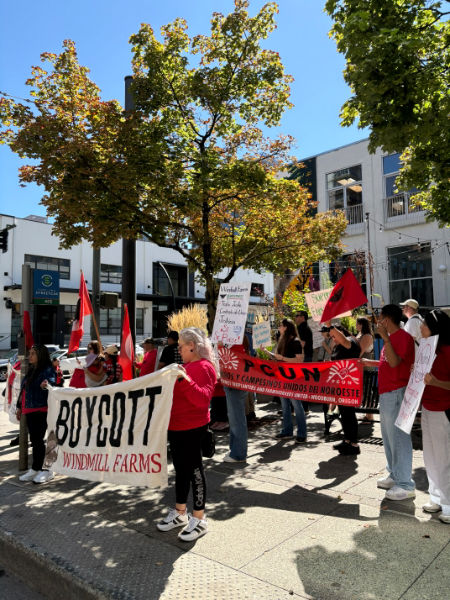As COVID-19 Continues to Spread at Work, Oregon Unions Aim to Protect Workers Who Face Retaliation
- Oregon AFL-CIO
- Feb 4, 2021
- 2 min read
Today the Oregon Health Authority confirmed 7 new COVID-19 related deaths in Oregon and 730 new cases of COVID-19, raising the state’s deaths to 1998 and confirmed and presumptive cases to a total of 145,320. Workplaces continue to see outbreaks of COVID-19, jeopardizing the health and safety of workers, their families and communities. OHA reports 88 total deaths and 16,953 total cases of COVID-19 that have been linked to workplace outbreaks.
Oregon’s unions are pursuing a comprehensive legislative agenda to center the state’s recovery efforts around the needs of working people and families. Central to unions’ efforts in Salem is Senate Bill 483, which would help protect workers from retaliation if they speak out against unsafe working conditions. Graham Trainor, Oregon AFL-CIO President, explained why SB 483 is a top priority for Oregon unions in 2021:
“We are in an environment where workplace safety must be a top priority. The frontlines of this pandemic are vast, and we cannot expect to see improvement in unsafe workplaces unless workers know they can speak up without fear of retaliation. The law is not on the side of workers. Currently if someone gets fired for speaking up about COVID-19 safety, they have to prove that their firing was retaliation, which is difficult to do. SB 483 changes that: it puts the responsibility on the employer instead of the worker. Oregonians should not have to fear or experience retaliation for reporting a safety and health concern at work, especially during a global pandemic. We have to create a culture of safety as we aim to create safe and healthy workplaces in Oregon.”
Retaliation for health and safety concerns on the job appears to be a national problem, and disproportionately impacts workers of color: The National Employment Law Project estimates that at least 1.9 million workers avoid raising safety and health concerns for fear of retaliation. 56% of workers who returned to work did so even though they believed they were seriously risking their health or another family member’s health. Of those, 38% reported going to work because they were afraid their employer would penalize them if they didn’t. This particularly affects Black and Latinx Workers: One out of eight have experienced possible retaliatory actions by employers when they have raised health and safety concerns during the pandemic. Black workers are more than twice as likely as white workers to have seen possible retaliation by their employer.
Senate Bill 483 is expected to have a public hearing within the next two weeks. For more information about the Oregon AFL-CIO’s 2021 legislative priorities, please visit https://oraflcio.org/2021agenda




Comments